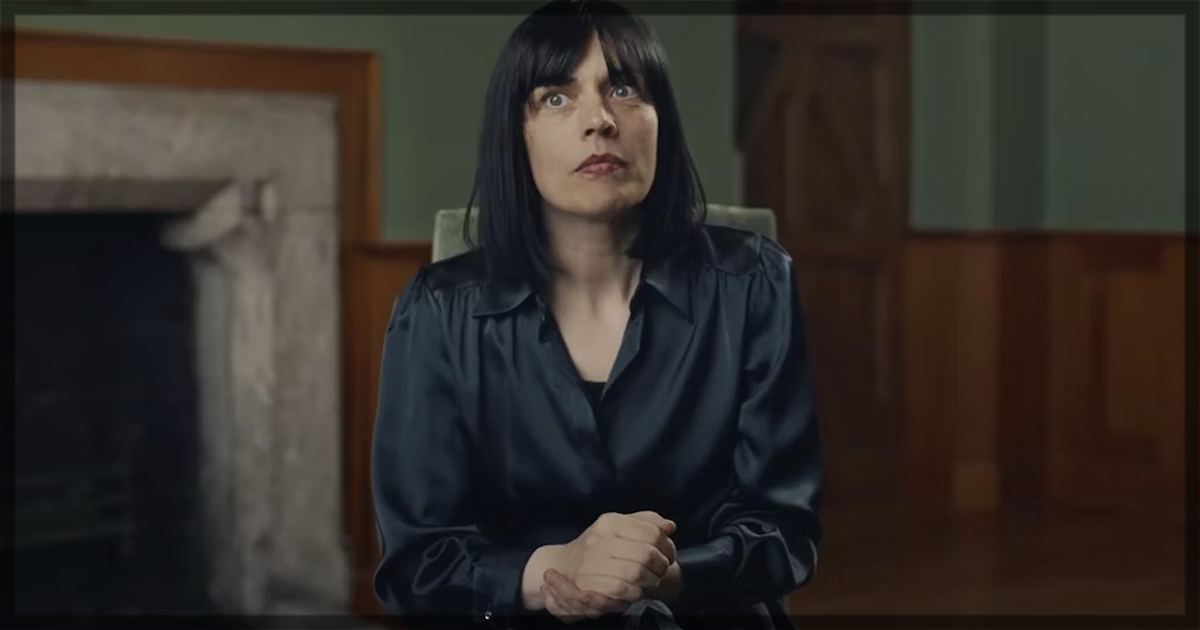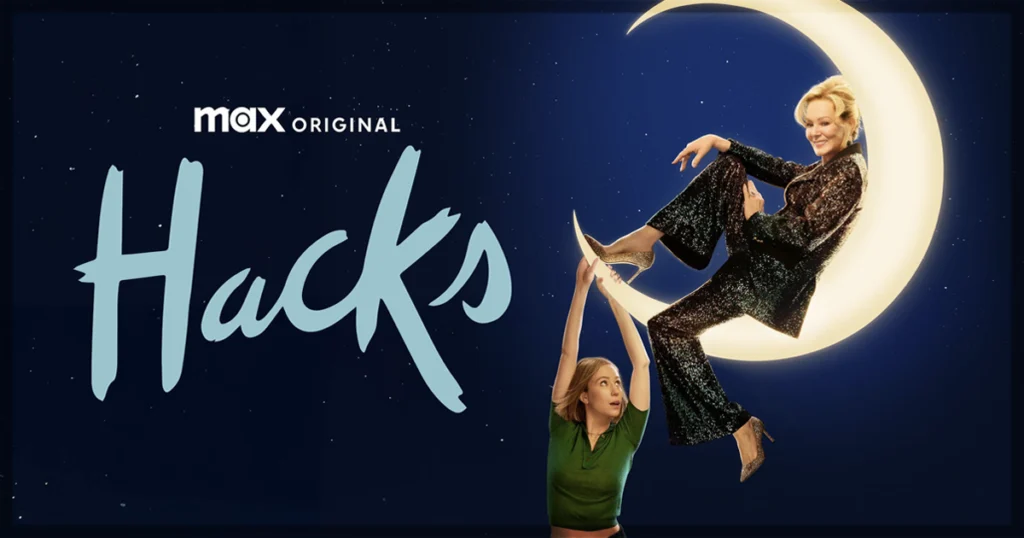The trouble with writers is that our work is not very cinematic. Watching someone type down their thoughts is only marginally more interesting than watching someone read a book. So it helps if the writer is easy to watch, whether that’s by being good-looking or from providing excellent archival footage thanks to many TV appearances over the years. Blue Road: The Edna O’Brien Story gets the balance right with how it discusses her life and work, including the final recorded appearance of Ms. O’Brien a few weeks before her death in 2024, age 93.
The key to Sinead O’Shea’s gift as a director is her uncanny ability to get people to open themselves up to her camera. In her previous documentary, Pray for our Sinners, she got the victims of institutional child abuse in her hometown of Navan, Ireland to lay bare their secret and painful histories. For her work on this film, she somehow convinced Ms. O’Brien that she could be trusted with her diaries. In these diaries, which are read in voiceover by Irish actress Jessie Buckley, there was the extraordinary discovery that her husband Ernest Gebler annotated them with his own thoughts and commentaries. It’s clear from those notes and the memories of her sons, Carlo Gebler and Sasha Gebler (who both appear onscreen discussing their childhood, and who have gamely participated in many publicity events for the film) that this early marriage involved a great deal of what is now known as coercive control.
Part of the issue is that Ms. O’Brien, who was considerably younger than Mr. Gebler, quickly surpassed him as a writer in both talent and reputation. People who discuss Ms. O’Brien’s serious and sustained body of work include Irish actor Gabriel Byrne, Irish novelists Andrew O’Hagan, Doireann Ní Ghríofa, and Anne Enright (who makes the delightful quip that “misogyny is envy with added dick”) and the American writer Walter Mosley, who got his start as a student of hers in New York in the 1980s. (Her talents did not include any skill with money, which had serious consequences over the years.) But almost from the moment Ms. O’Brien arrived in London after her divorce, she became a hostess of renown, throwing fantastic parties at which the literary and celebrity worlds intermingled (and in more ways than one, if you know what I mean; there are some wonderfully indiscreet revelations about drugs and sex). For publicity, over the years she also made many television appearances, where the male hosts often either attacked her for her work’s frankness about sex and women’s bodies, or who made their jealousy of her wit and attractiveness clear.
What is also clear is that the reason for Ms. O’Brien’s success was her absolute refusal to be cowed by any of this awful behaviour. She knew she was good, she knew she was right, and those TV chats demonstrate how she cleverly asserted herself regardless of slings and arrows. Her early novels, which were frank about female sexuality in taboo-breaking ways in 1960s Ireland, were good enough to be appreciated both for their skill and their notoriety. There was also grateful admiration that Ms. O’Brien stood up calmly to the attempts of the Catholic church to ban and censor her work in Ireland. Ms. O’Shea’s gift as a director is how she slowly makes apparent how Ms. O’Brien, who arrived to be interviewed in her nineties with her hair set, a full face of makeup and pearls around her neck, earned this gift of self-assertion. It’s still unusual now and was almost unimaginable back then (especially in Ireland), and that sense of self enabled Ms. O’Brien’s true talents as a writer to survive largely unscathed.
The fact that Ms. O’Brien was someone who changed global culture is probably why Barbara Broccoli became Blue Road’s executive producer. This is only the second non-Bond-adjacent project (and first documentary) Ms. Broccoli has been involved in since the end of the James Bond movies, the other being Till from 2022. That explains the slightly unusual sense of resources behind Blue Road to ensure that it is getting due attention. There are very many roadblocks to women being able to succeed in their chosen careers, and Blue Road demonstrates the intermingled joys and price of that success better than most. With only two movies Ms. O’Shea has become a director of global importance as well, so if Ms. Broccoli is throwing her resources behind her we can only imagine what she will achieve next.
Blue Road: The Edna O’Brien Story screened at the Glasgow Film Festival.
Learn more about the film at the Glasgow site for the title.


